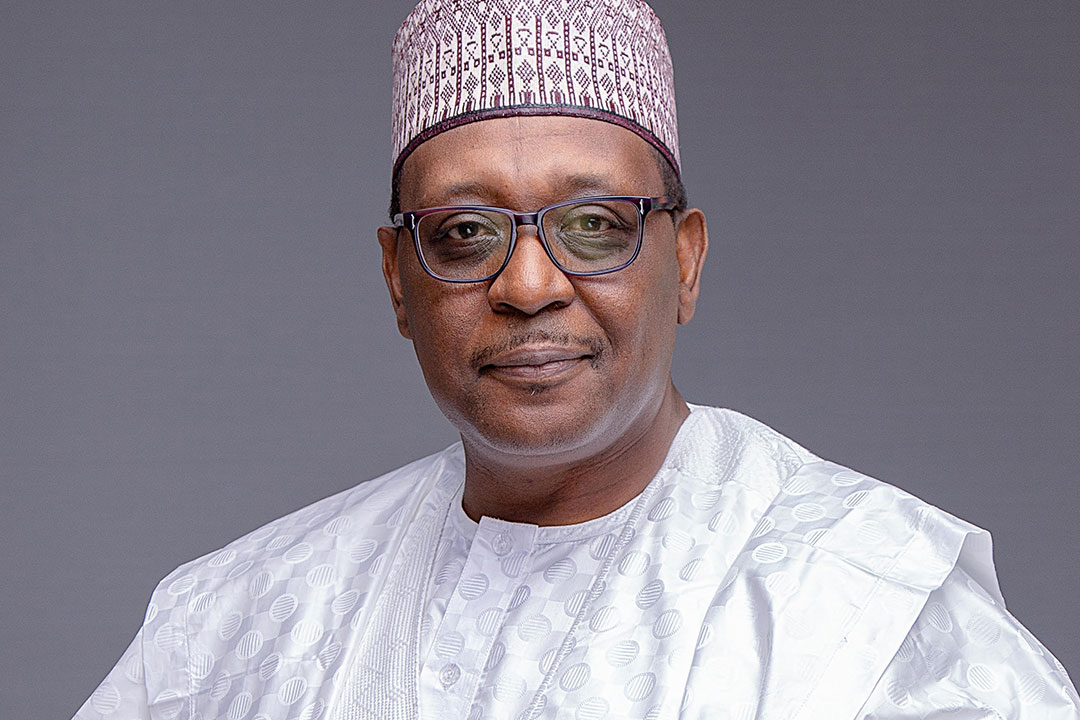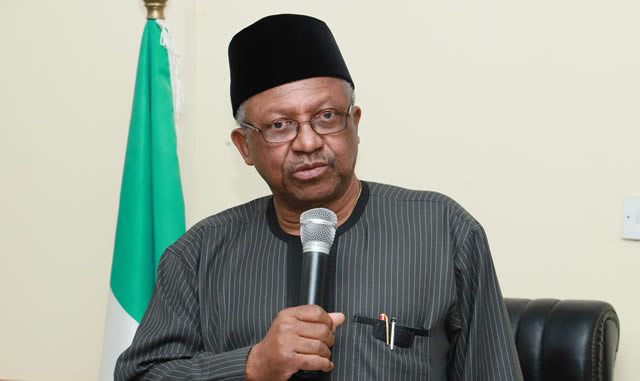Nigeria has said that its agriculture policies are geared towards ensuring food security and improve nutrition among citizens, particularly children in the country.
Ms Margaret Edison, Deputy Director, National Population Commission, stated this while delivering Nigeria’s statement on ‘Agriculture, Food Security and Malnutrition’ at the UN General Assembly General Debate in New York.
“In response to the call to scale up efforts to end hunger and malnutrition, the President Muhammadu Buhari’s administration has put in place appropriate policies, strategies and programmes.
“These are with the aims to advance agricultural development that will guarantee food security and reverse malnutrition particularly among under-five children, women and those under humanitarian conditions.
“Currently, interventions include implementation of a new Agriculture Promotion Policy (2016-2020) driven by engagement of market place participants, farmers, states, investors, financial institutions and communities.
“These interventions are designed to reinforce our fundamental goal of leveraging the capabilities of Nigeria to ensure food and income security,” Edison said.
She said that Nigeria began implementing a National Policy on Food and Nutrition 2016 to 2025 to address malnutrition and nutritional related issues among young children, pregnant and lactating mothers.
“The Policy aims at addressing the problems of malnutrition and extreme hunger across different levels of the Nigerian society ranging from the individual, household and communities and is expected to contribute to the overall national development.
“Accordingly, among others, the policy targets include to reduce the proportion of people who suffer hunger and malnutrition by 50 per cent by 2025,” she said.
Edison added that among other targets of the policy was to reduce childhood wasting including Severe Acute Malnutrition from 18 per cent in 2013 to 10 per cent in 2025.
She said that the policy further targeted reducing the incidence of malnutrition among victims of emergencies by 50 per cent in 2025.
She regretted, however, that agriculture, especially in developing countries continue to face some challenges like limited access to financing and inputs for farmers.
She said other challenges included serious threat of climate change on yield, limited access of agricultural outputs to the national and international markets and lack of mechanised facilities.
“Lack of funds is one of the challenges facing the improvement of agriculture, especially in the least developed and developing countries.
“My delegation, once again, reiterates the need to repatriate stolen assets to countries of origin for investments in the agricultural sector.
“Nigeria wishes to use this opportunity to thank all our partners that have supported us in repositioning agriculture to enable us improve national food security, nutrition, economic growth and employment creation.”
She said that Nigeria was ready to strengthen collaboration with various partners and UN Food Security Agencies to build on their track record of providing food and nutrition to hunger stricken countries.




